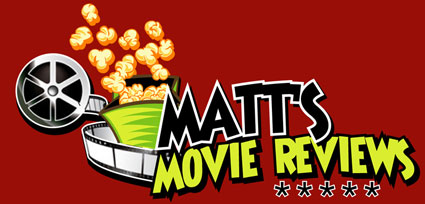Tackling themes of righteousness, revenge and redemption, The Magnificent Seven is a remake that might not match the quality if its predecessors, yet tries to do so with depth in its convictions and style to spare.
So this is where we are at in Hollywood: a remake of the 1960 western classic (The Magnificent Seven), which is a remake of a 1954 Japanese classic (Seven Samurai). Yes, originality just might be dead, but that doesn’t mean a good movie cannot be made from a third run at a tired but true favourite, as evidenced here in Antoine Fuqua’s take on this western classic.
Fuqua’s filmography is of course a mixed bag on its own. For every dud in The Equalizer and Brooklyn’s Finest, there is a fine work in Training Day and Olympus Has Fallen (yeah, that’s right!) to counter. The Magnificent Seven thankfully belongs in the latter group: a thrilling shoot ‘em up that rather effectively sets up its characters and the stakes at play to make for an action film where themes surrounding religion and violence don’t distract, but deepen.
The combination of screenwriters Richard Wenk and Nic Pizzolatto is what makes it all so interesting. Where the former specialises in tough as nails action fare such as 16 Blocks and The Mechanic, the latter broke ground with the acclaimed TV series True Detective where genre blended with commentary on human nature, especially religious (Christian) belief. Fuqua rather expertly blends the two writing approaches to make a film that is as heavy thematically as it is entertaining.
A talented ensemble of charismatic actors helps with that. Denzel Washington leads the charge as Sam Chisolm, a bounty hunter who is hired by a grieving widow (Hayley Bennett) to avenge the death of her husband and hijacking of her town at the hands of Bartholomew Bogue, a mining magnate with a real mean edge (Peter Sarsgaard providing the evil). Chisolm recruits a motley crew of gunslingers, among them the wisecracking yet dangerous Josh Faraday (Chris Pratt), haunted Civil War Veteran Goodnight Robicheaux (Ethan Hawke), and the God fearing, hatchet wielding bear of a man Jack Horne (Vincent D’Onofrio). Every cast member is on form and display great chemistry, with much in the way of scene stealing work from Pratt and D’Onofrio.
As expected Fuqua lets it rip when it comes to the actions et pieces, with impressive displays of gun-fighting choreography enhanced by masterful sound and visual effects to create hard-hitting yet entertaining results. Yet the most impressive thing about The Magnificent Seven is its willingness to portray religion as a thing of many facets: a source of community spirit, a place of solace, or a platform from which the misguided can exploit.
Interestingly, several key scenes in The Magnificent Seven is placed in a church. It stands as a symbol throughout the film of resilience towards the evils of greed and fear and murder. It just might also be a symbol that Hollywood is over its resistance to portray religion in a positive light. Now that would be magnificent! |
